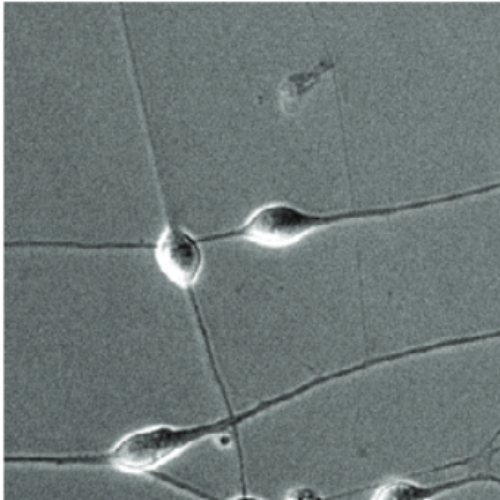Combined Experimental and System-Level Analyses Reveal the Complex Regulatory Network of miR-124 during Human Neurogenesis.
Non-coding RNAs regulate many biological processes including neurogenesis. The brain-enriched miR-124 has been assigned as a key player of neuronal differentiation via its complex but little understood regulation of thousands of annotated targets. To systematically chart its regulatory functions, we used CRISPR/Cas9 gene editing to disrupt all six miR-124 alleles in human induced pluripotent stem cells. Upon neuronal induction, miR-124-deleted cells underwent neurogenesis and became functional neurons, albeit with altered morphology and neurotransmitter specification. Using RNA-induced-silencing-complex precipitation, we identified 98 high-confidence miR-124 targets, of which some directly led to decreased viability. By performing advanced transcription-factor-network analysis, we identified indirect miR-124 effects on apoptosis, neuronal subtype differentiation, and the regulation of previously uncharacterized zinc finger transcription factors. Our data emphasize the need for combined experimental- and system-level analyses to comprehensively disentangle and reveal miRNA functions, including their involvement in the neurogenesis of diverse neuronal cell types found in the human brain.
Back to list
